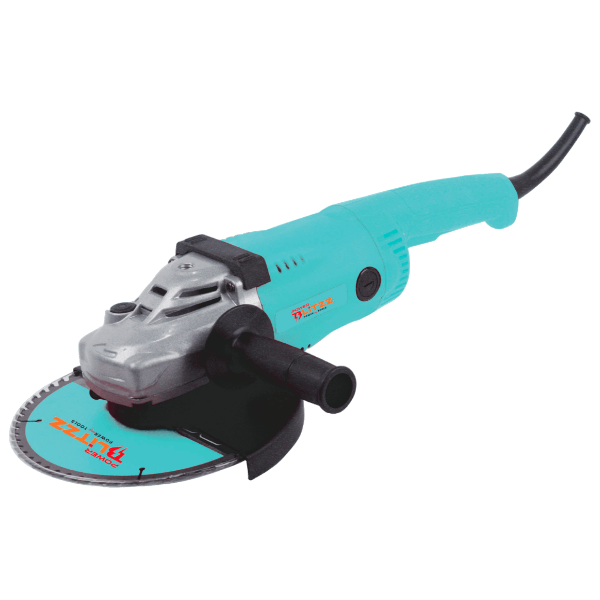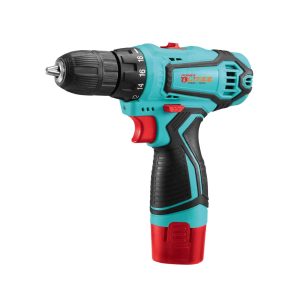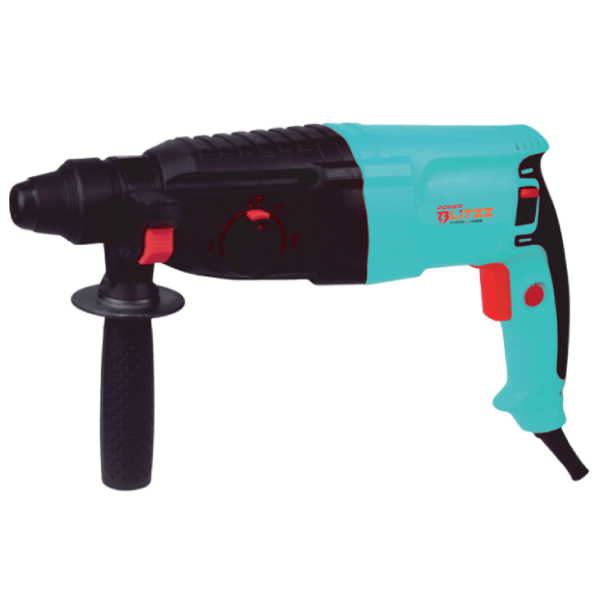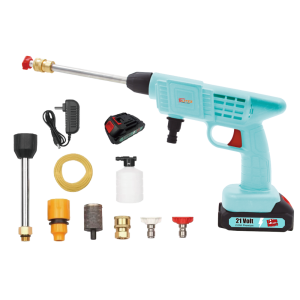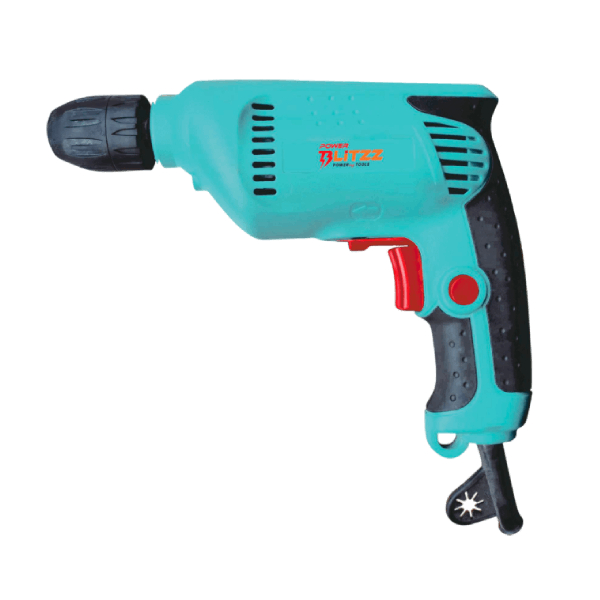
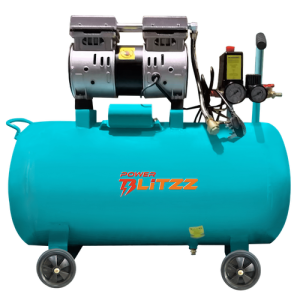
How to Maintain an Air Compressor?
An air compressor is a vital tool in various industries and home workshops, aiding in tasks ranging from inflating tires to powering pneumatic tools. To ensure your air compressor operates efficiently and has a longer lifespan, regular maintenance is key. Here are some simple yet essential tips on how to maintain your air compressor effectively.
Regular Inspection and Cleaning
Check for Leaks:
Conduct frequent visual checks for air leaks in hoses, fittings, and connections. Leaks not only diminish performance but also waste energy. Promptly rectify leaks by tightening connections or replacing damaged components to maintain optimal efficiency.
Clean Air Filters:
The air filters in your compressor trap dirt and debris, preventing them from entering crucial components. Over time, these filters can become clogged, hindering airflow and reducing performance. Clean or replace filters according to the manufacturer’s recommendations to ensure proper airflow and prevent damage to internal parts.
Clear Debris:
Maintaining a clean environment around your compressor is essential. Regularly clear away debris, dust, and obstructions around the compressor area. Adequate ventilation is crucial to prevent overheating and ensure the compressor operates smoothly.
Oil and Lubrication
Check Oil Levels:
For compressors equipped with an oil lubrication system, monitor oil levels regularly. Maintaining oil at the recommended level is vital to prevent overheating and ensure adequate lubrication of moving parts.
Change Oil Regularly:
Regular oil changes are crucial to keeping the compressor in prime condition. Clean oil reduces friction and minimizes wear on internal components, thereby extending the compressor’s lifespan. Follow the manufacturer’s guidelines for the appropriate oil change intervals.
Lubricate Moving Parts:
Some components, like pistons and bearings, require additional lubrication. Follow the manufacturer’s recommendations for suitable lubricants to keep these parts operating smoothly and reduce friction.
Pressure and Drainage Maintenance
Monitor Pressure Levels:
Regularly monitor the pressure gauge on your compressor to ensure it operates within the recommended range. Operating outside this range can lead to inefficiencies or even damage the compressor. Adjust settings as necessary to maintain optimal pressure.
Drain Moisture:
Air compressors accumulate moisture during operation, which can collect in the tank. Regularly drain this moisture to prevent rust and corrosion, safeguarding the tank’s integrity and preserving the quality of the compressed air.
Test Safety Valve:
Periodically check the safety valve to ensure it functions correctly. The safety valve releases excess pressure to prevent potential accidents. If you notice any faults, promptly replace the valve to maintain safety standards.
Proper Storage and Usage Practices
Store in a Suitable Environment:
When the compressor is not in use, store it in a clean, dry, and well-ventilated area. Protect it from extreme temperatures, moisture, and direct sunlight to prevent any potential damage.
Follow Operating Instructions:
Adhere strictly to the manufacturer’s guidelines for operating the air compressor. Avoid overloading the compressor or running it beyond its capacity, as this can strain its components and reduce its overall lifespan.
Regular Professional Maintenance:
Consider scheduling periodic professional inspections and maintenance checks, particularly for more complex issues or if uncertain about certain maintenance tasks. Professional servicing can identify potential problems early and ensure comprehensive maintenance.
Conclusion
By following these detailed maintenance practices, you can effectively preserve the efficiency and longevity of your air compressor. Regular attention and care to these aspects will not only keep your equipment running smoothly but also ensure it remains a reliable asset for your workshop or industrial needs.

Copyright © 2024 – Power Blitzz– All rights reserved.

